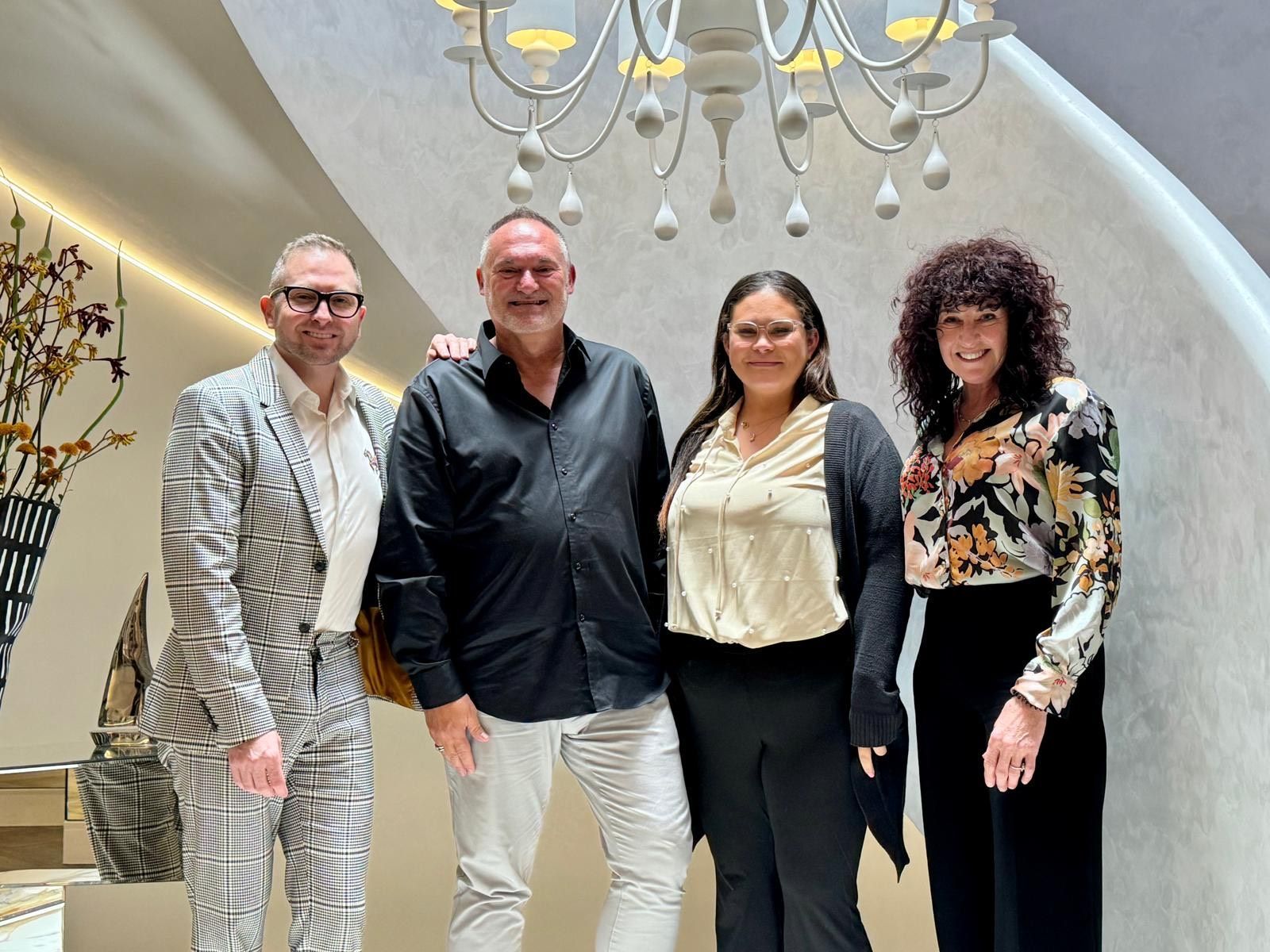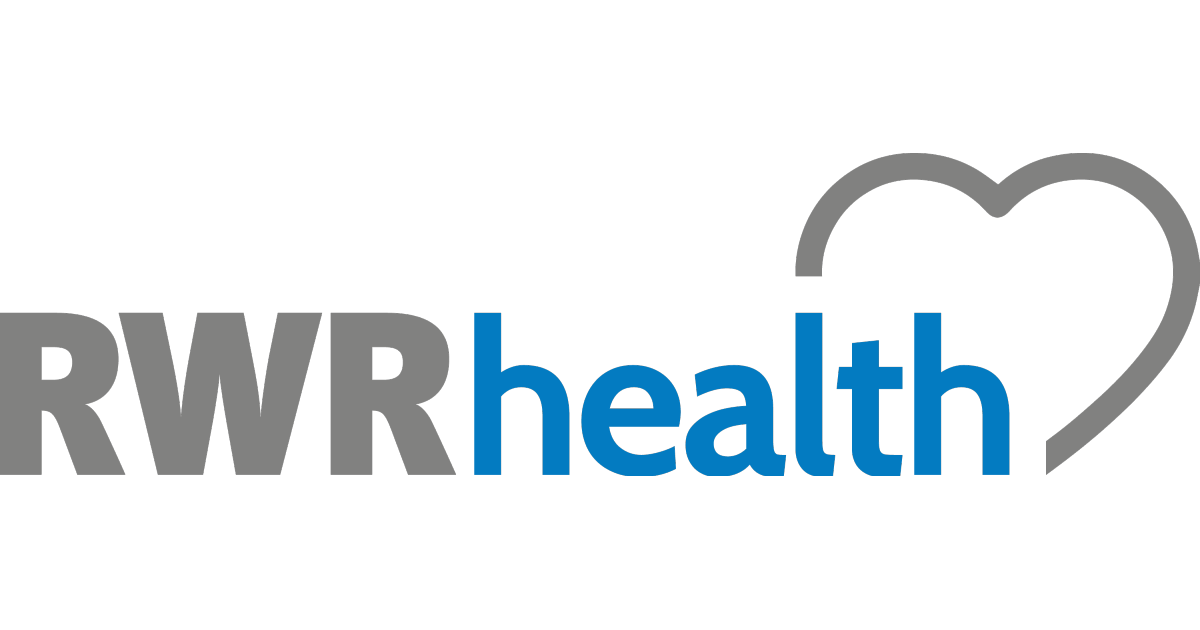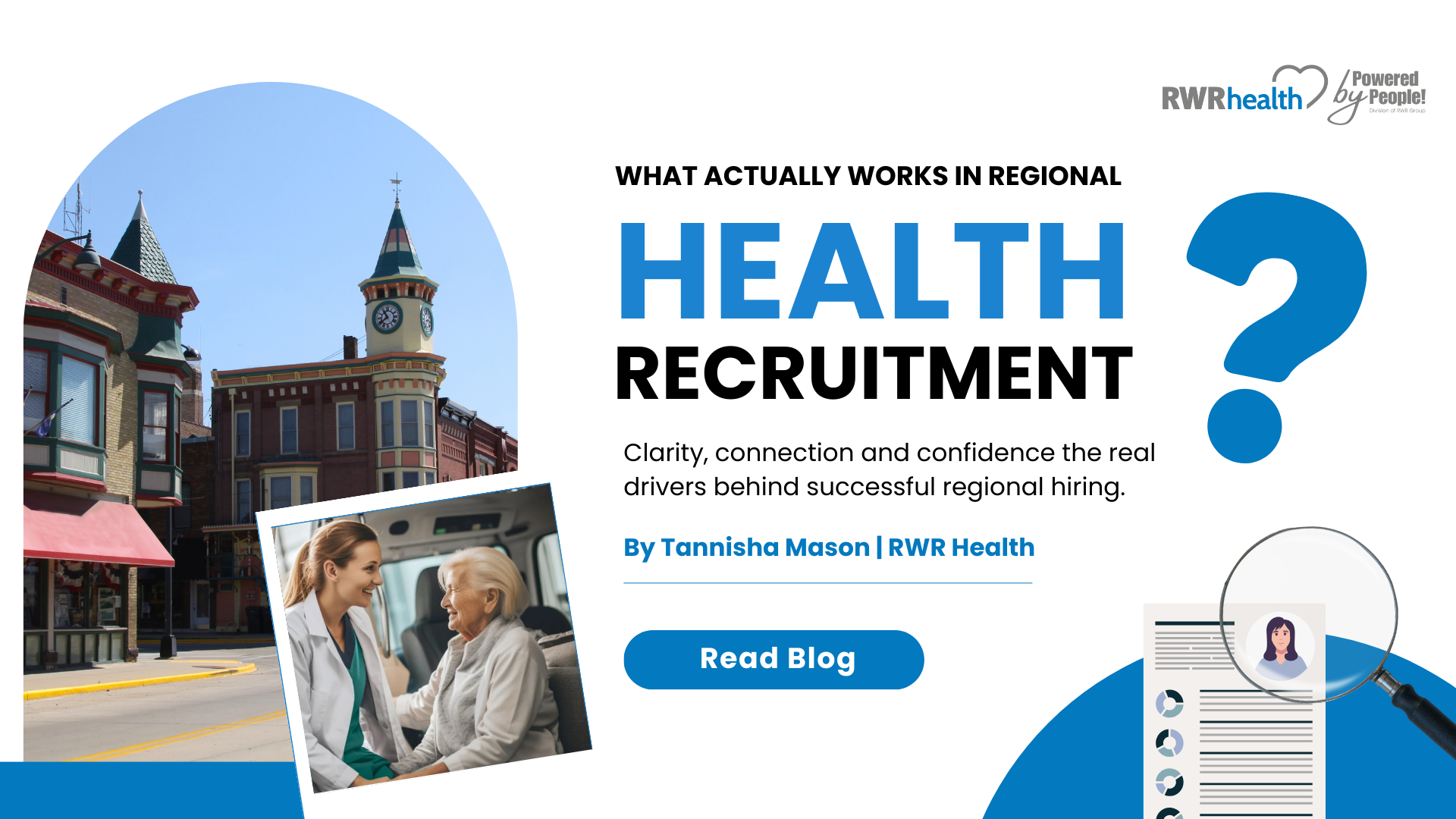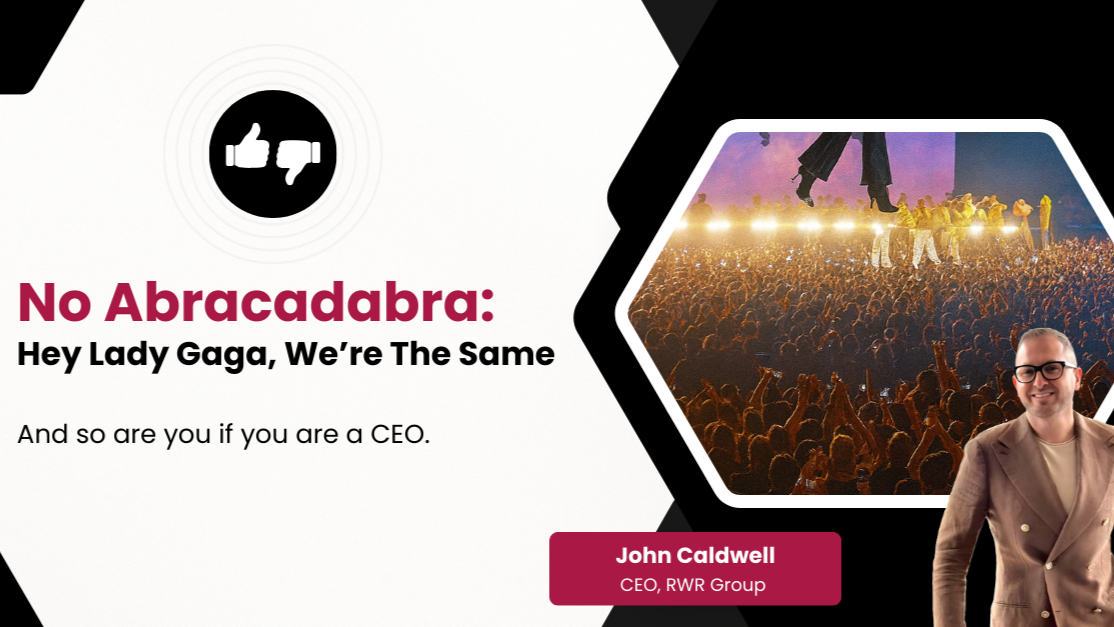The Shift in Hiring Dynamics: Why Brands Need to Rethink Their Approach to Recruitment Agencies
The way companies engage with recruitment agencies is outdated—and it's costing them top talent.
For years, many businesses have viewed recruitment agencies through a narrow lens—either as a necessary cost when internal hiring efforts fail or as a transactional service provider. Some have even operated under the outdated belief that agencies are expendable, treating them as secondary participants in the hiring process. But the landscape has changed. The power dynamics in recruitment have shifted, and agencies now hold more influence than ever before. Companies that fail to recognise this shift and continue to dismiss agencies as mere vendors risk damaging their employer brand, limiting their talent pool, and ultimately losing out on top candidates.
Recruiters Are at the Centre of the Talent Ecosystem
Recruitment agencies are no longer just about filling jobs. We sit at the very centre of the hiring ecosystem, constantly engaging with talent, market trends, and employer brands. We are:
- Market specialists
- Career advisers
- Employer brand ambassadors
- Talent strategists
Our relationships with candidates start long before they actively look for a role. The best talent isn’t sitting on job boards—they are building careers, and we are the ones guiding them. Recruiters have deep, long-standing relationships that give us real influence over where talent chooses to go next.
Even when a company is hiring directly, candidates will often consult with their recruiter before making a decision. They want to know:
- What is the company’s reputation?
- Do they have a high turnover?
- How do they treat employees?
- Is it worth making the move?
Recruitment agencies hold immense influence over hiring decisions, even in situations where they are not directly involved in the process. The way businesses engage with agencies determines how they are positioned in these critical conversations.
If a company has a strong, collaborative relationship with an agency, recruiters will naturally advocate for them—recommending them as an employer of choice, reinforcing positive aspects of their brand, and encouraging top candidates to seriously consider their roles. On the flip side, if a company dismisses, ignores, or mistreats agencies? That same agency is just as likely to steer candidates away.
Agencies Have More Reach Than Internal Hiring Teams
One of the biggest misconceptions is that internal recruitment teams have the same reach as agencies. The reality is, they don’t—because they can’t.
Recruitment agencies are built for volume. Our teams are significantly larger than most internal TA functions, and we speak to thousands of candidates every single week across a variety of industries, skill levels, and geographies.
This benefits companies in two ways:
We can find talent faster. The best candidates are already in our networks, meaning we can deliver top-tier talent before a company’s job ad has even gained traction.
We amplify employer brands. With our far-reaching networks, the businesses we work with get significant visibility among active and passive job seekers. Every interaction we have is a chance to promote a brand in the talent market.
A company’s employer brand isn’t just shaped by Glassdoor reviews or career sites. It’s built through daily conversations happening between recruiters and candidates.
Companies that work with agencies get the benefit of positive reinforcement in those conversations. Companies that dismiss agencies risk the opposite—being left out of the talent conversation entirely.
It’s Not Just About Hiring—It’s About Market Intelligence
A strong relationship with recruiters doesn’t just give companies access to candidates—it gives them access to real-time market intelligence that can shape hiring strategy.
Recruiters are constantly gathering insights on:
- Salary expectations and trends – are you offering competitive pay?
- Competitor hiring activity – where is your talent being poached?
- Candidate sentiment – how is your company perceived in the market?
- Hiring challenges – why are some roles taking longer to fill than others?
This data is invaluable, yet many companies miss out on it because they only engage recruiters on a transactional basis. Even businesses that don’t have a recruitment budget should be fostering strong relationships with agencies to gain these insights for free.
Specialist Agencies = Less Competition for Your Talent
A decade ago, recruitment agencies were largely generalists, meaning they sourced candidates across multiple industries. That meant whether or not a company worked with an agency didn’t impact their risk of losing talent—recruiters were sourcing from everywhere.
That’s no longer the case. Today, most agencies specialise in specific industries, building deep talent pools within niche markets.
What does this mean for employers?
If a company builds a strong relationship with a sector specialist recruiter, they are far less likely to lose their talent to competitors via that agency.
If a company burns bridges with an agency, that same agency is far more likely to approach their top talent for competing brands.
Companies need to understand that how they engage with agencies directly impacts their ability to retain staff. No business can afford to become a top-of-mind sourcing ground simply because of poor treatment of agencies leading to a damaged relationship.
Agencies Are Also Your Customers
Another overlooked reality: Recruiters are not just vendors—we are also your customers.
Recruitment agencies are run by business professionals who make decisions just like any other healthcare consumer. Outside of the public health system, patients have the freedom to choose the private clinic, hospital, or aged care facility that best meets their needs. The same applies to recruitment professionals—we engage with healthcare providers, recommend services to our networks, and influence choices within the sector.
The way a healthcare organization treats recruiters doesn’t just impact hiring—it shapes its reputation and the trust it builds with potential patients, families, and industry professionals. Engaging agencies with respect and collaboration doesn’t just strengthen your workforce—it creates advocates who can positively influence consumer choices across the healthcare ecosystem. On the other hand, neglecting these relationships can risk damaging trust and credibility within professional and patient networks alike.
The Power Dynamic Has Shifted—Are You Keeping Up?
The days of companies holding all the power over recruitment agencies are gone. Agencies now have more reach, more influence, and more industry intelligence than ever before.
The smartest brands recognise this and engage with recruiters as true partners—whether they use them for placements or not. They build relationships, share insights, and collaborate in ways that strengthen their employer brand and hiring success. The ones that don’t? They put themselves at risk. Because in today’s market, no employer can afford to alienate the very people who control the narrative around where talent should go next.
Do you agree that agencies hold more power in today’s hiring landscape?











